The week's good news: April 18, 2019
It wasn't all bad!

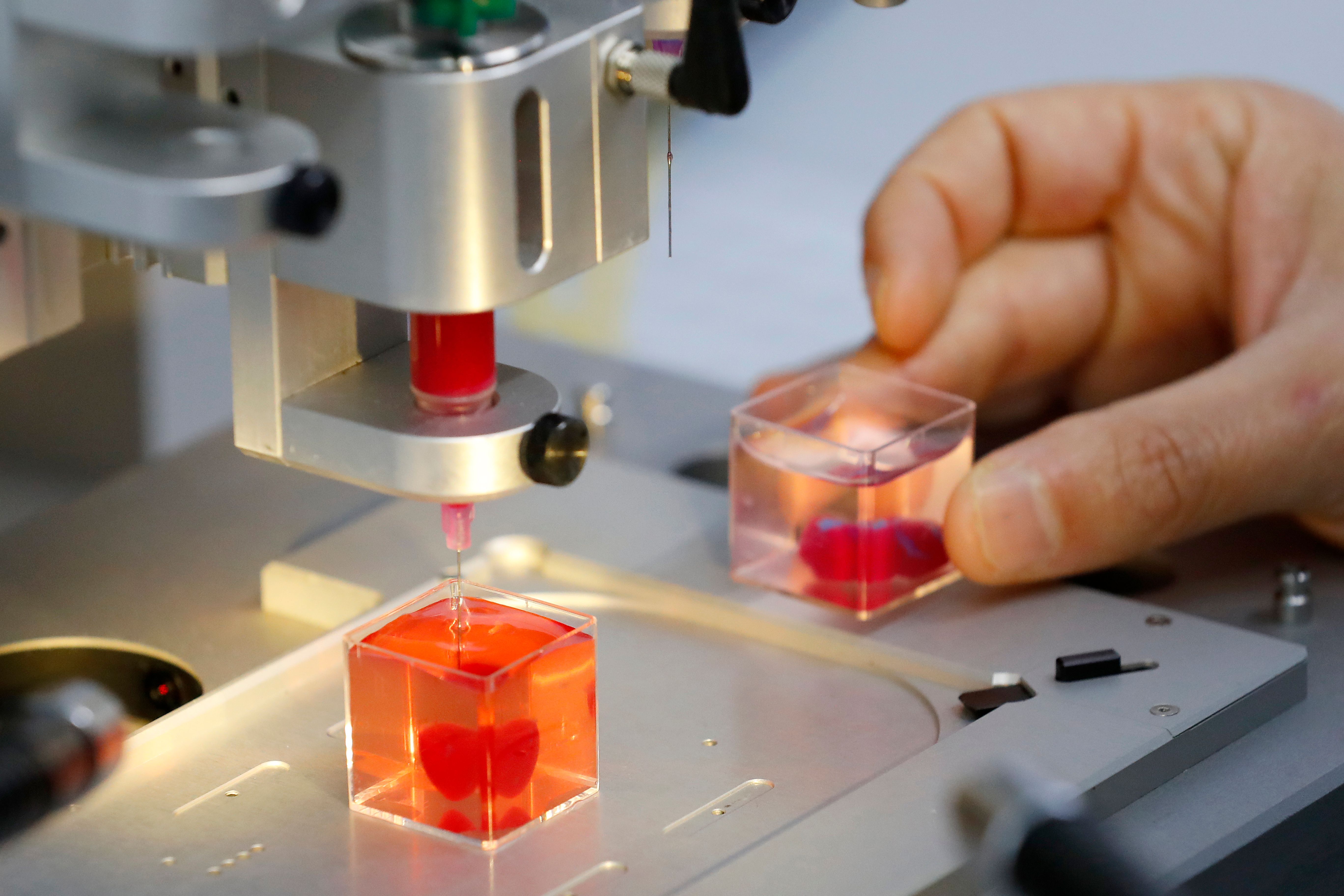
- 1. Oil rig workers rescue dog found 135 miles off the coast of Thailand
- 2. African nonprofit makes the walk to school safer for students
- 3. California chef fighting childhood hunger serves 3 millionth meal
- 4. 7-Eleven owner shows shoplifter compassion after finding out why he's stealing
- 5. Scientists have created the world's first 3D-printed heart
A free daily email with the biggest news stories of the day – and the best features from TheWeek.com
You are now subscribed
Your newsletter sign-up was successful
1. Oil rig workers rescue dog found 135 miles off the coast of Thailand
While working 135 miles off the coast of Thailand, workers on an oil rig were surprised when they spotted a brown dog in the calm water below. They had no idea how long she had been paddling in the water, or how she even got so far away from land, but they did know that they wanted to save the pup. Someone grabbed a rope and lowered it down to the exhausted dog, who was easily pulled up. The workers gave her fresh water and food, a bath, and a name: "Boonrod," Thai for "survivor." Boonrod spent two nights on the rig before being transferred on Sunday to an oil vessel that deposited her back on land Monday. Boonrod has since received a clean bill of health from a vet, and one of the oil rig workers hopes to be able to adopt her.
2. African nonprofit makes the walk to school safer for students
A lack of traffic lights, signs, and sidewalks in neighborhoods across Dar es Salaam, Tanzania means the streets can be dangerous for anyone on foot. Children are especially vulnerable; the World Health Organization reports that kids in sub-Saharan Africa are more than twice as likely to die in a road accident than anywhere else. The nonprofit SARSAI aims to change this by finding schools with the highest rates of death and injuries, and then improving road conditions in the area. This includes installing speed bumps, crosswalks, and traffic signs, with educators also going into the schools to teach kids about street safety. SARSAI is already seeing results; at schools where eight to 12 kids were killed or injured in previous years, SARSAI interventions have reduced injuries by 26 percent. Last week, SARSAI received the inaugural World Resources Institute Ross Prize for Cities, and will use the $250,000 prize to continue its efforts.
The Week
Escape your echo chamber. Get the facts behind the news, plus analysis from multiple perspectives.

Sign up for The Week's Free Newsletters
From our morning news briefing to a weekly Good News Newsletter, get the best of The Week delivered directly to your inbox.
From our morning news briefing to a weekly Good News Newsletter, get the best of The Week delivered directly to your inbox.
3. California chef fighting childhood hunger serves 3 millionth meal
It all started 14 years ago, when Chef Bruno Serato and his mother, Caterina, met a boy whose dinner consisted of just potato chips. Serato owns the Anaheim White House restaurant in Anaheim, California, and Caterina told him to make a plate of pasta for the child. Wanting to help other underserved kids facing food insecurity, Serato founded a nonprofit, Caterina's Club, with the goal of feeding as many hungry kids as possible. Today, there are 80 Caterina's Club locations in Orange and Los Angeles counties, serving more than 25,025 pasta dinners every week, and last Thursday, Serato dished out his nonprofit's three millionth meal. Caterina's Club also helps families living in motels find permanent housing, and teaches at-risk teens skills for jobs in the hospitality industry. "I am so grateful for all the volunteers who come out and help every day," Serato said. "Without them, none of this would be possible."
4. 7-Eleven owner shows shoplifter compassion after finding out why he's stealing
When the owner of a 7-Eleven in Toledo, Ohio, learned that a young shoplifter was stealing in order to feed his family, he did something unexpected. Instead of turning him over to the police, Jay Singh filled a bag up with food, and gave it to the teenager to take home. "He's a young kid," Singh said. "That will go on his record that he was a thief. He cannot do anything in his life. He will not get a good job. This will not solve his hunger problem." Singh said in Indian culture, it's important to feed a person when they are hungry, and he felt it was his duty to help.
A free daily email with the biggest news stories of the day – and the best features from TheWeek.com
5. Scientists have created the world's first 3D-printed heart
Thanks to the wonder of 3D printing, scientists have managed to create a real, working heart — out of a patient's own cells. The heart measures about 2.5 centimeters long, and while it's too small to function as a human heart, it was printed using an ink made from a patient's biological materials, meaning it's an exact match for the patient in question. A process like this, which converts fatty tissue from the patient into stem cells and the so-called "bio ink," could be used to print tissue to patch diseased hearts, or even replace a heart entirely. Because it's made from each individual patient, the risk of an organ rejection is greatly lessened. This medical breakthrough was published Monday in the journal Advanced Science, which laid out the possibility of "personalized tissues and organs" being printed for patients who need them, rather than those patients relying on organ donors.
Catherine Garcia has worked as a senior writer at The Week since 2014. Her writing and reporting have appeared in Entertainment Weekly, The New York Times, Wirecutter, NBC News and "The Book of Jezebel," among others. She's a graduate of the University of Redlands and the Columbia University Graduate School of Journalism.
-
 Quiz of The Week: 14 – 20 February
Quiz of The Week: 14 – 20 FebruaryQuiz Have you been paying attention to The Week’s news?
-
 The Week Unwrapped: Do the Freemasons have too much sway in the police force?
The Week Unwrapped: Do the Freemasons have too much sway in the police force?Podcast Plus, what does the growing popularity of prediction markets mean for the future? And why are UK film and TV workers struggling?
-
 Properties of the week: pretty thatched cottages
Properties of the week: pretty thatched cottagesThe Week Recommends Featuring homes in West Sussex, Dorset and Suffolk
-
 The week's good news: Sept. 21, 2023
The week's good news: Sept. 21, 2023It wasn't all bad!
-
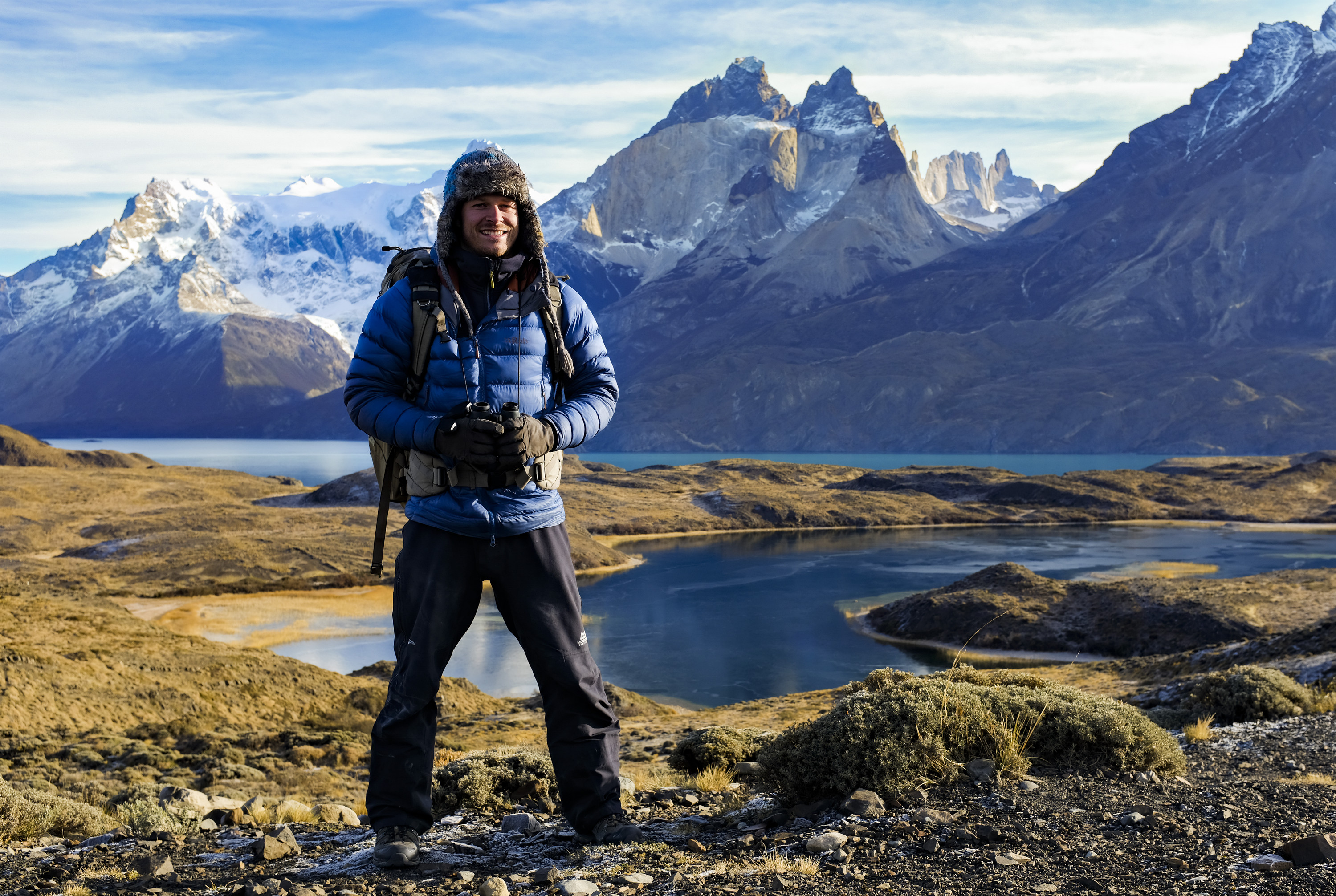 The week's good news: Sept. 14, 2023
The week's good news: Sept. 14, 2023It wasn't all bad!
-
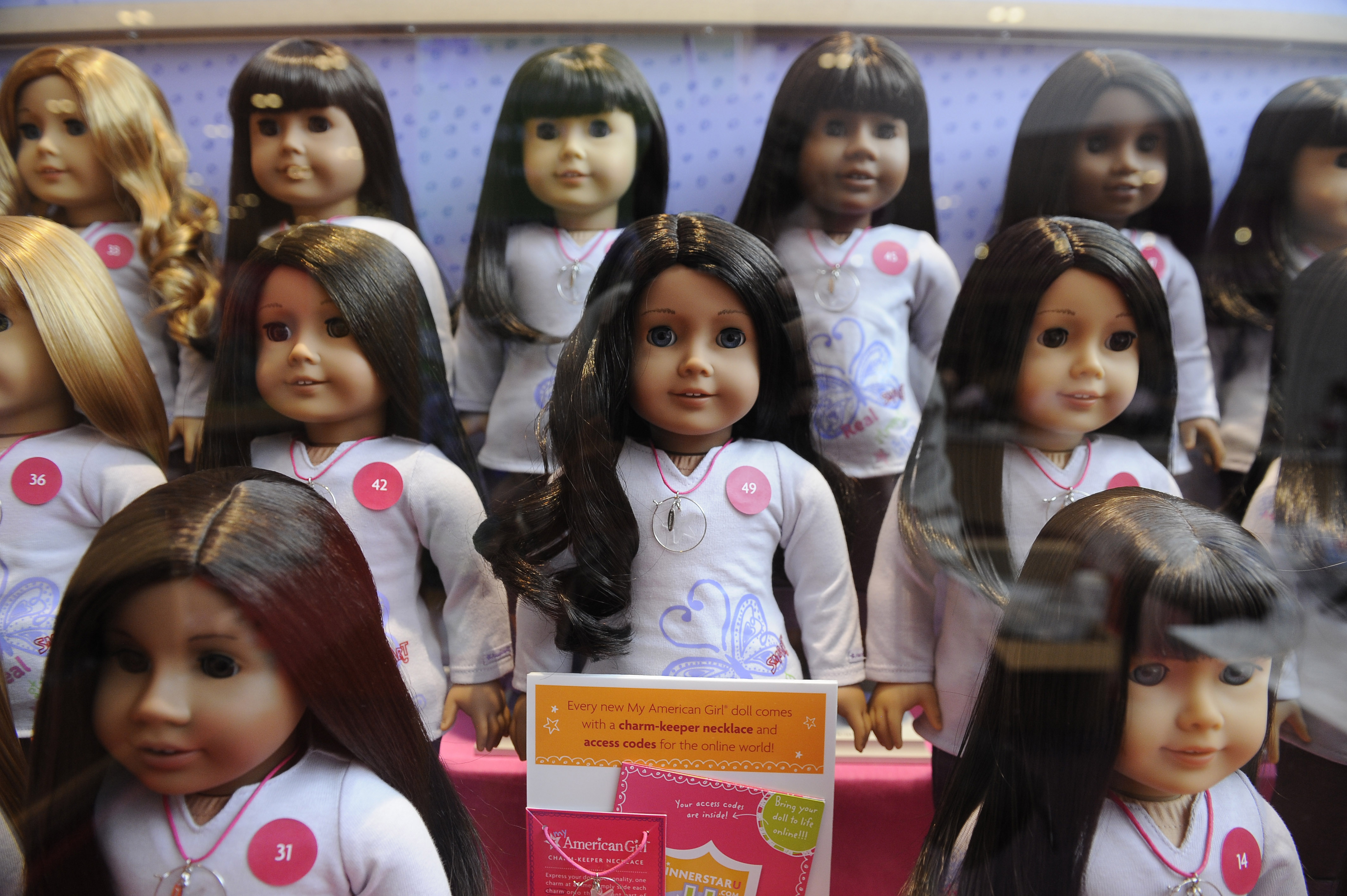 The week's good news: Sept. 7, 2023
The week's good news: Sept. 7, 2023feature It wasn't all bad!
-
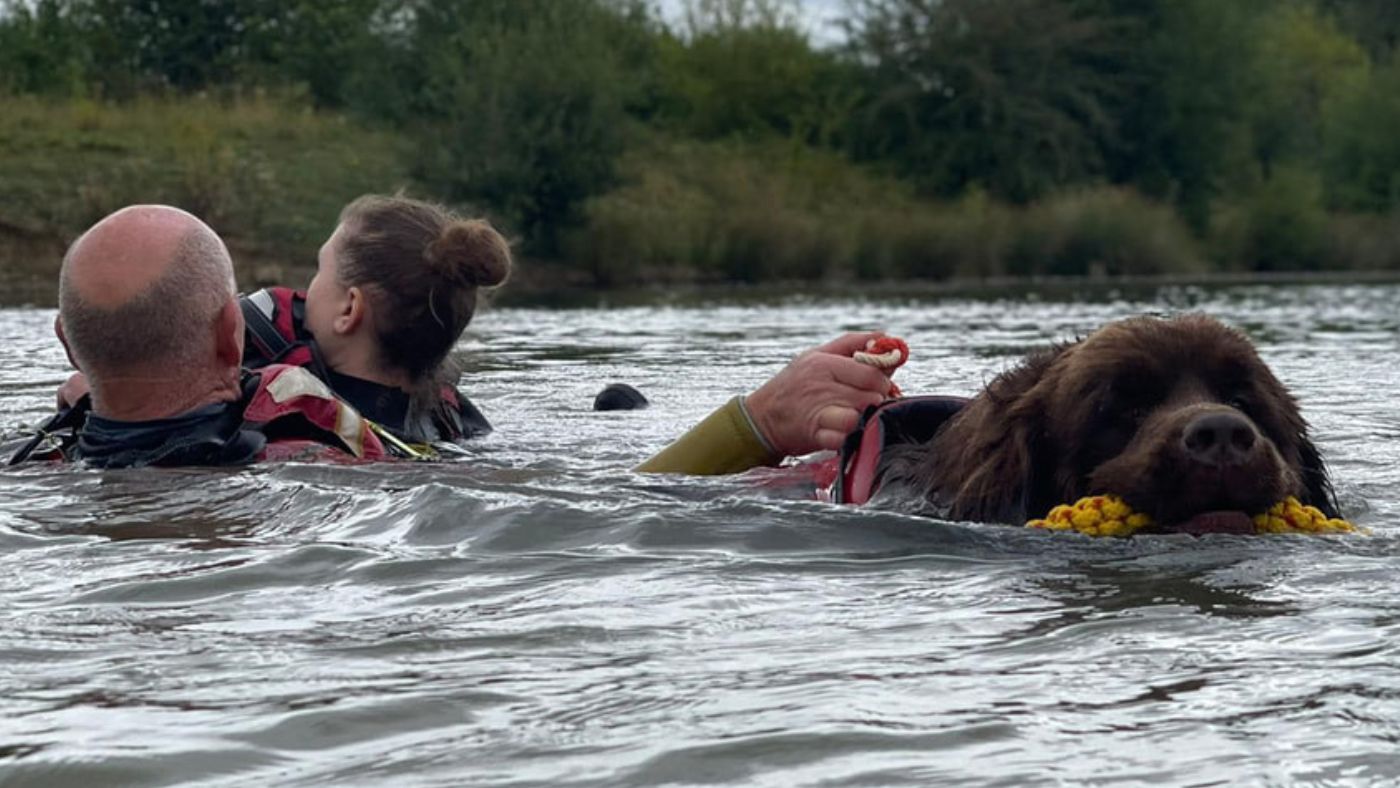 Lives transformed by swimming with Newfoundland dogs
Lives transformed by swimming with Newfoundland dogsfeature Good news stories from the past seven days
-
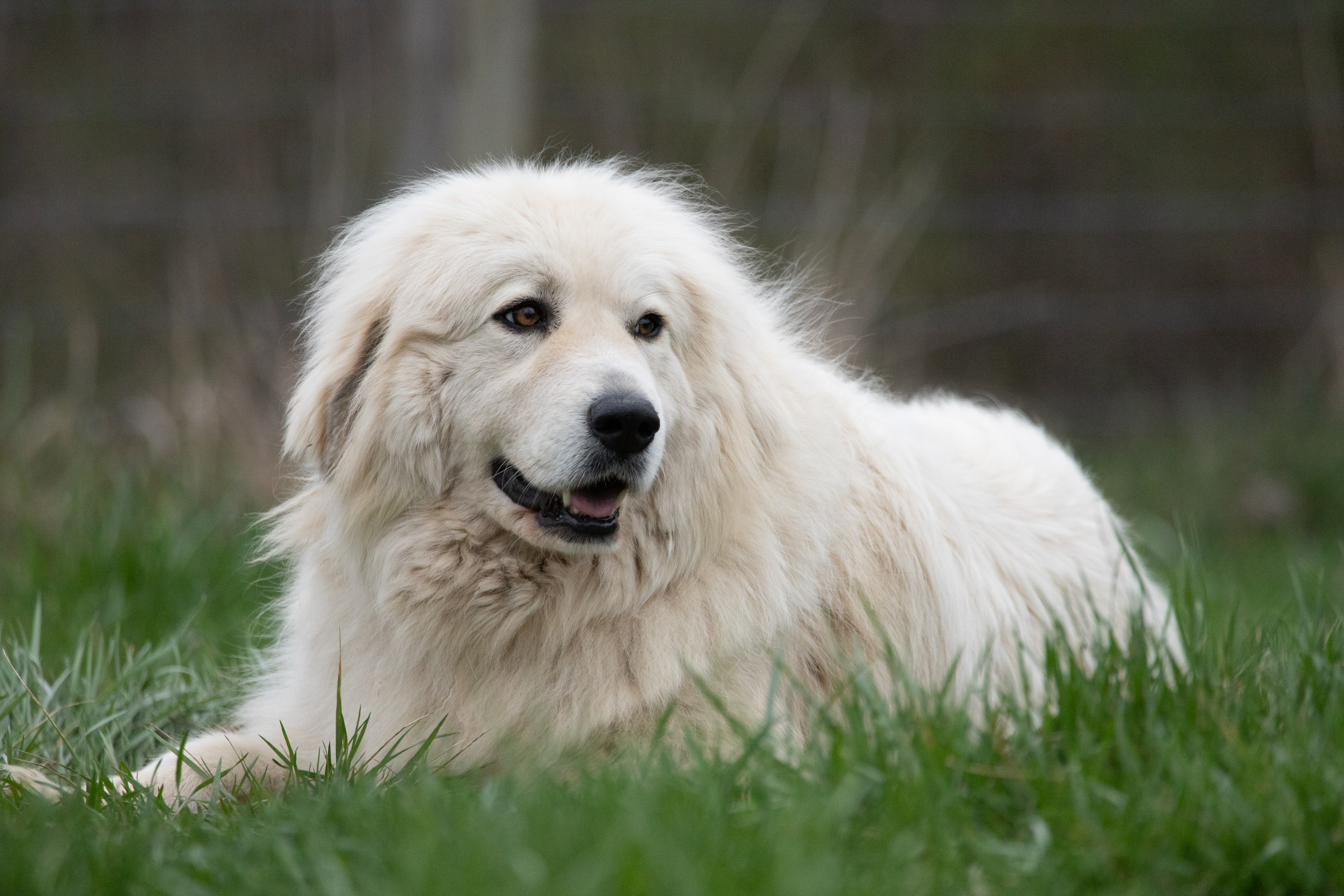 The week's good news: August 31, 2023
The week's good news: August 31, 2023feature It wasn't all bad!
-
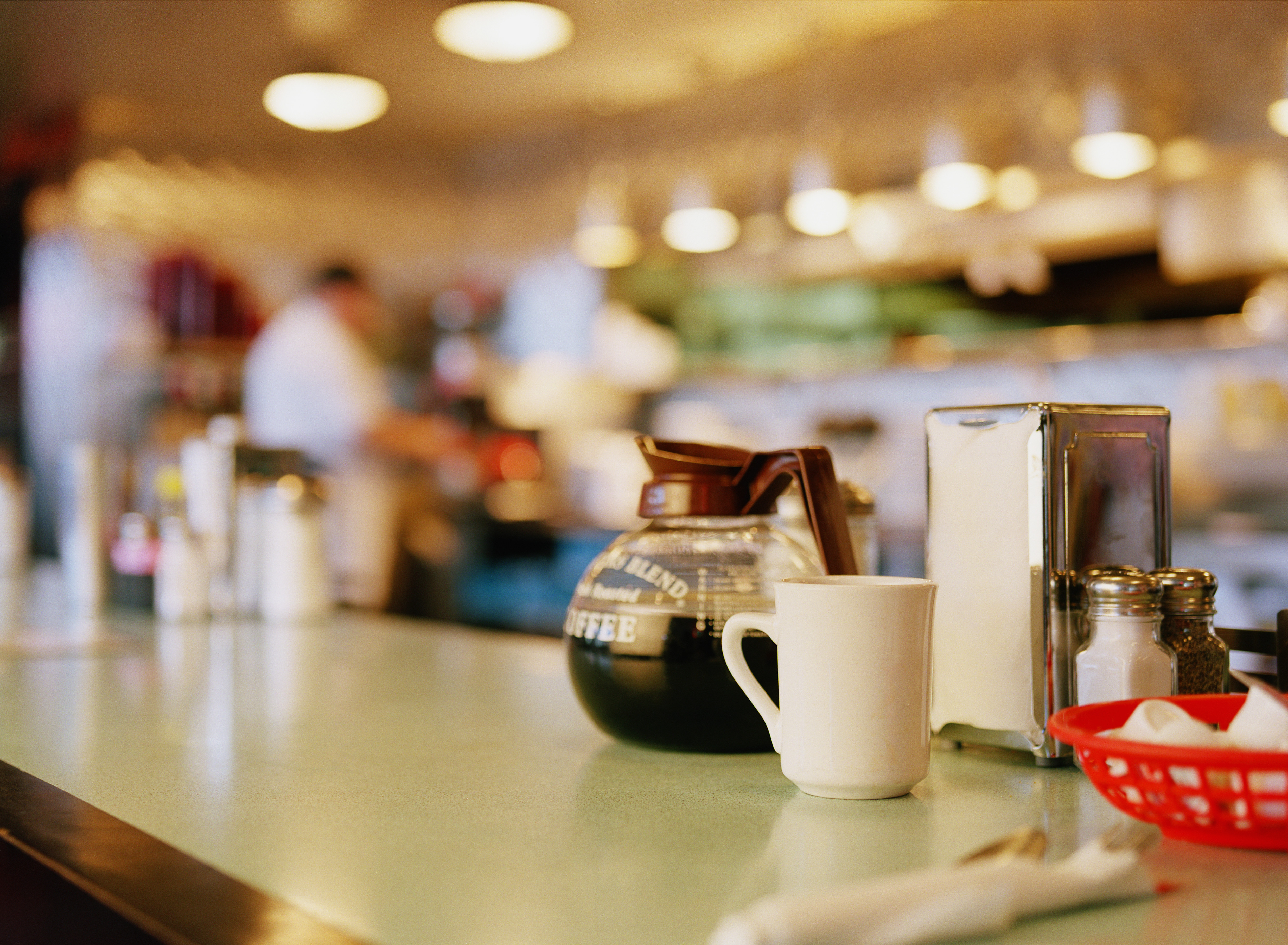 The week's good news: August 17, 2023
The week's good news: August 17, 2023feature It wasn't all bad!
-
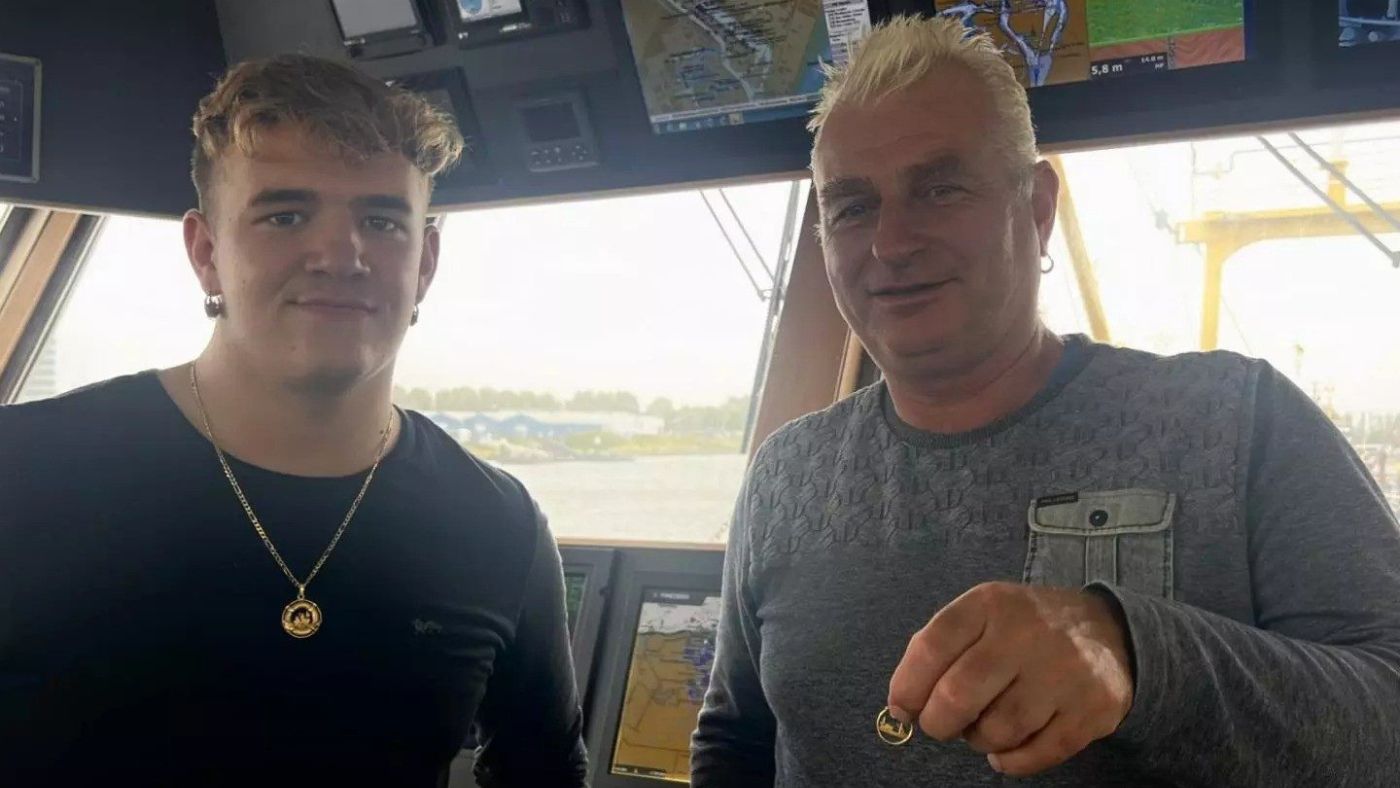 Earring lost at sea returned to fisherman after 23 years
Earring lost at sea returned to fisherman after 23 yearsfeature Good news stories from the past seven days
-
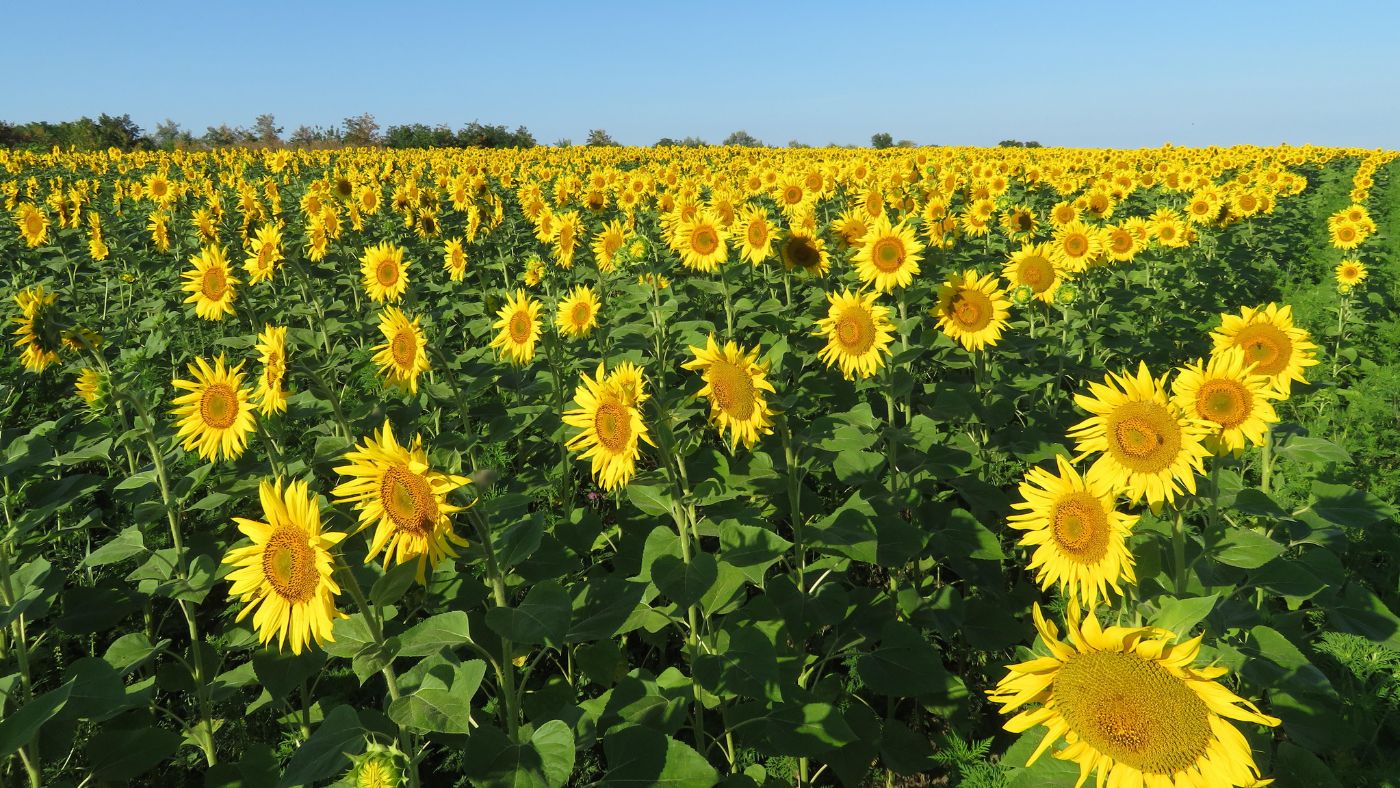 Farmer plants 1.2m sunflowers as present for his wife
Farmer plants 1.2m sunflowers as present for his wifefeature Good news stories from the past seven days
